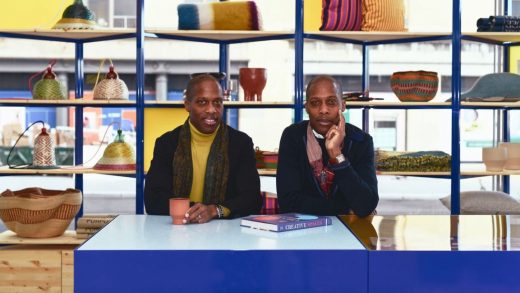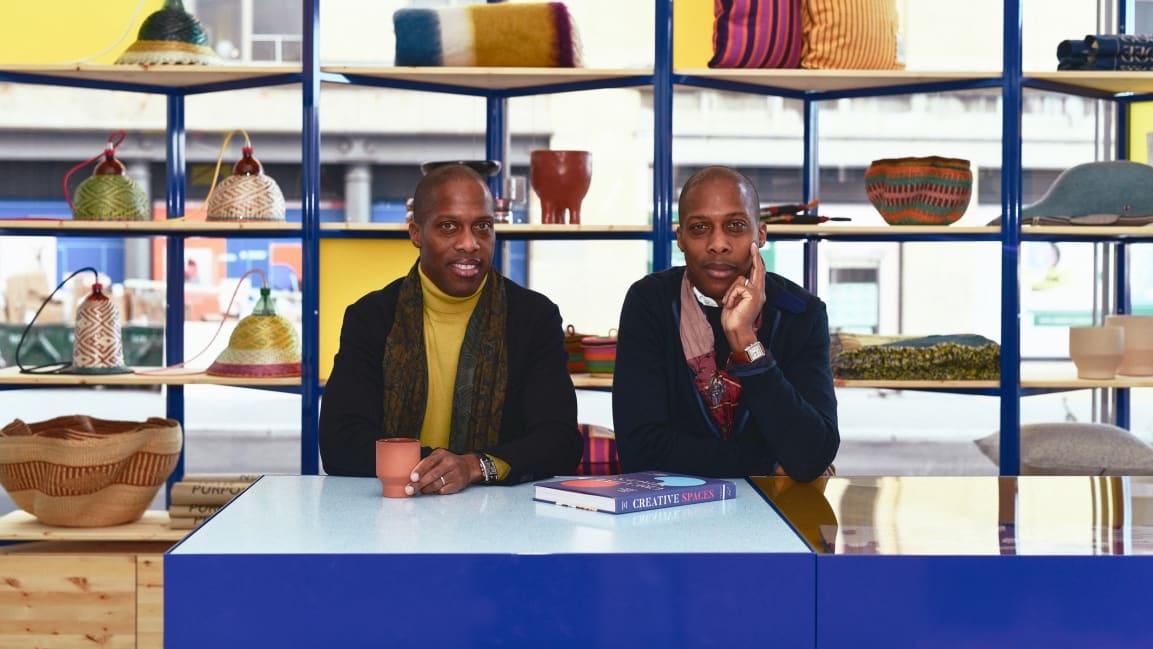These identical twins built a design shop that rejects systemic racism
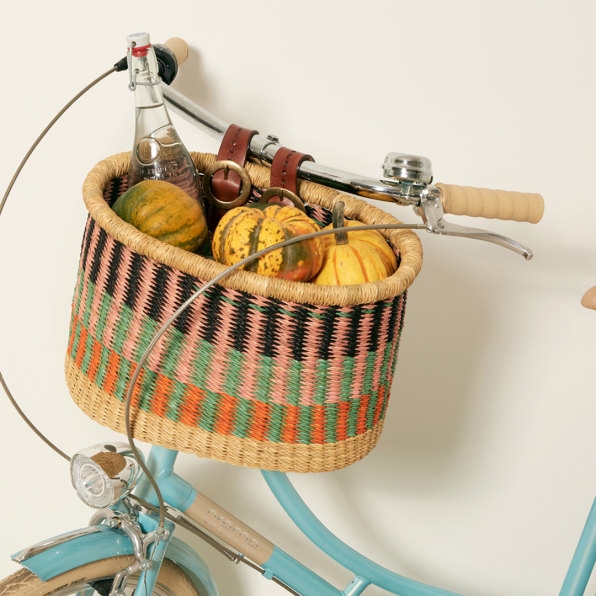
[Photo: courtesy Goodee]
The Pearts are on a mission to make Eurocentric design a thing of the past. They’re well-known figures in the Canadian design community, having spent two decades building the luxury fashion brand Want Les Essentiels, which is carried in more than 100 retailers. Three years ago, they decided to give up their stake in the company to launch a new venture, focused on selling sustainable, ethically made products from around the world. Underlying this vision is a broader goal to elevate great design from cultures and communities that tend to be marginalized in North America and Europe. “Good design is not an exclusively Western concept,” Dexter says. “All around the world, people are using materials and creativity to design things that function well in their lives. With Goodee, we have an opportunity to delve into this idea.”
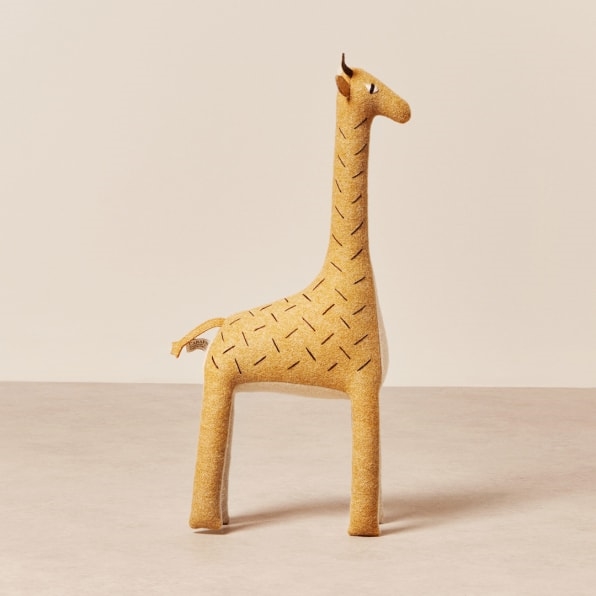
[Photo: courtesy Goodee]
The twins are themselves a product of many cultures. Their parents immigrated from Jamaica to Ottawa in the 1960s to become academics, and they grew up in a home that blended Caribbean and Canadian influences. Their home always smelled of spices and was also full of the latest technology; their microbiologist mother had a fascination with the latest electronic devices. They were relatively privileged, but their parents made it clear that as Black boys living in a largely white community, they had to think carefully about what they wore and how they presented themselves to the world. This forced them to think early on about small aesthetic details, but also about what cultural references were valued—or devalued—in society.
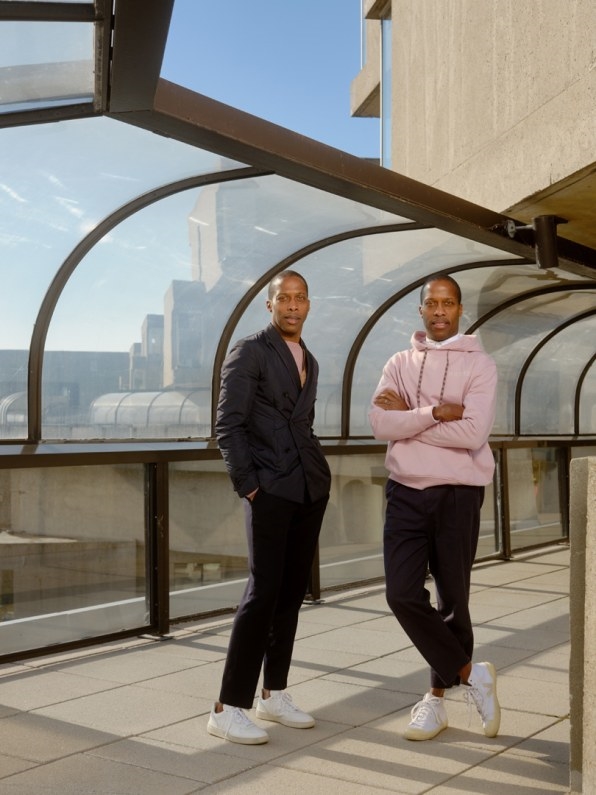
[Photo: courtesy Goodee]
Today, the brothers live in sun-dappled apartments close to each other in Habitat 67, a Brutalist complex in Montreal designed by the renowned architect Moshe Safdie. Byron’s husband is German, and Dexter’s wife is Greek. Their point of view is inherently cosmopolitan, and yet they often struggle to find brands that reflect their multicultural perspective. This was part of their motivation for launching Goodee. “One of the big underlying questions that drives this venture is: What is lost when design does not include diverse influences?” Byron says. “What is lost when design is monolithic and monocultural?”
This is a question that has been bothering the Pearts for years. In both the fashion and design worlds, they observed that Asian or African design would pop up as trends—Chinese motifs one year, Kente fabrics the next—but weren’t considered important aesthetic movements in their own right. Byron points out that he’s been to trade shows where there is a section devoted to “ethnic design.” “All of these products from around the world are codified as just a trend,” he says. “Cultural appropriation is real: Companies take these stories, histories, and traditions and package them under their own brand. ”
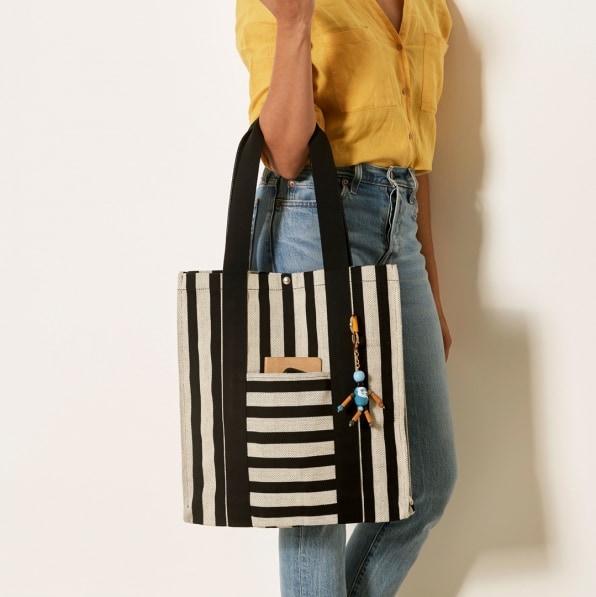
[Photo: courtesy Goodee]
With Goodee, Byron and Dexter are committed to bypassing the gatekeepers of the design world: the powerful entities that define for the industry what counts as good design. “Goodee is meant to democratize design from around the world,” Byron says. “A handcrafted bike basket from Ghana sits right next to an aluminum chair from America; they share the same amount of space on the platform and they each get their stories told. All of this contributes to a larger aesthetic.”
The brothers made the deliberate decision not to focus exclusively on design from one part of the world. Instead, they’re interested in picking products from different communities that they find beautiful, innovative, and well-crafted, then juxtapose them next to each other. “What you’re seeing is a representation of how we see the world,” Byron says. “And how these cultures can be amplified when they’re brought together.”
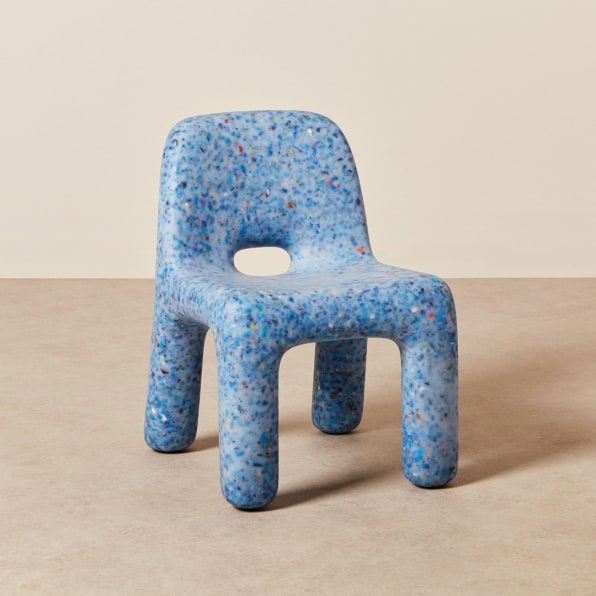
[Photo: courtesy Goodee]
They’re also focused on highlighting brands that do good in the world. Before they bring a product onto the site, they vet everything from the materials and labor practices that went into manufacturing it to its environmental impact. Each product description includes icons that reflect particular values—such as using recycled materials, conserving water, carbon reduction, or preserving a heritage craft—to make it easy to understand its impact.
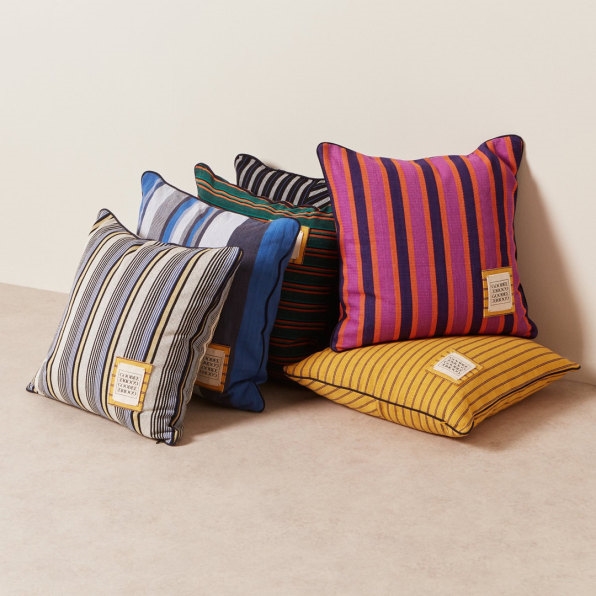
[Photo: courtesy Goodee]
Dexter points out that while many Western brands believe they’ve come up with pioneering solutions to sustainability and ethical manufacturing, many African and Asian brands have been doing this kind of work for far longer. Take Baba Tree Company, which makes bicycle baskets. Climate change is causing water runoffs in Ghana, which is making it difficult to grow the elephant grass used to weave the baskets, so the company is actively trying to mitigate the problem by investing in more sustainable agricultural practices. “When you go around the world and meet makers who are at the front lines of these issues, you see them tackling these problems head on,” he says. “Taking care of the environment is critical to how they’ve been thinking about their business to begin with.”
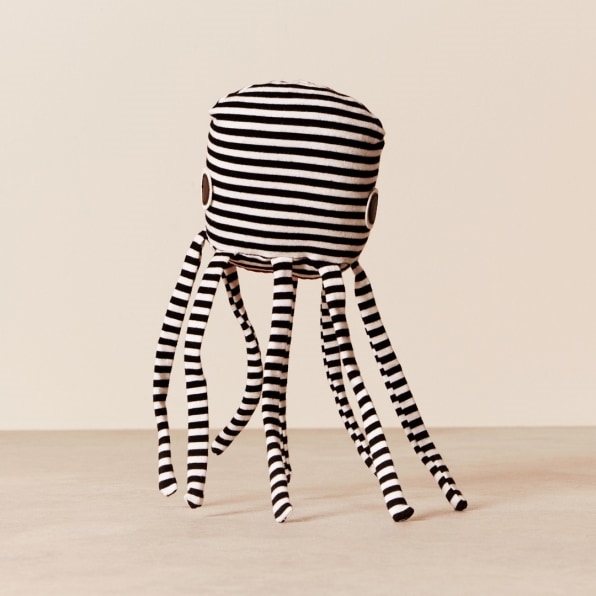
[Photo: courtesy Goodee]
The Pearts are looking forward to bringing more voices and perspectives to this dinner party they’re creating with Goodee. They believe that these diverse influences will allow their customers to make their spaces more original and interesting. But perhaps more importantly, it will allow designers from around the world to help tackle the many challenges the world is facing today. “All over globe, people are innovating to come up with solutions to problems, both big and small,” says Dexter. “Good design does that.”
(15)

